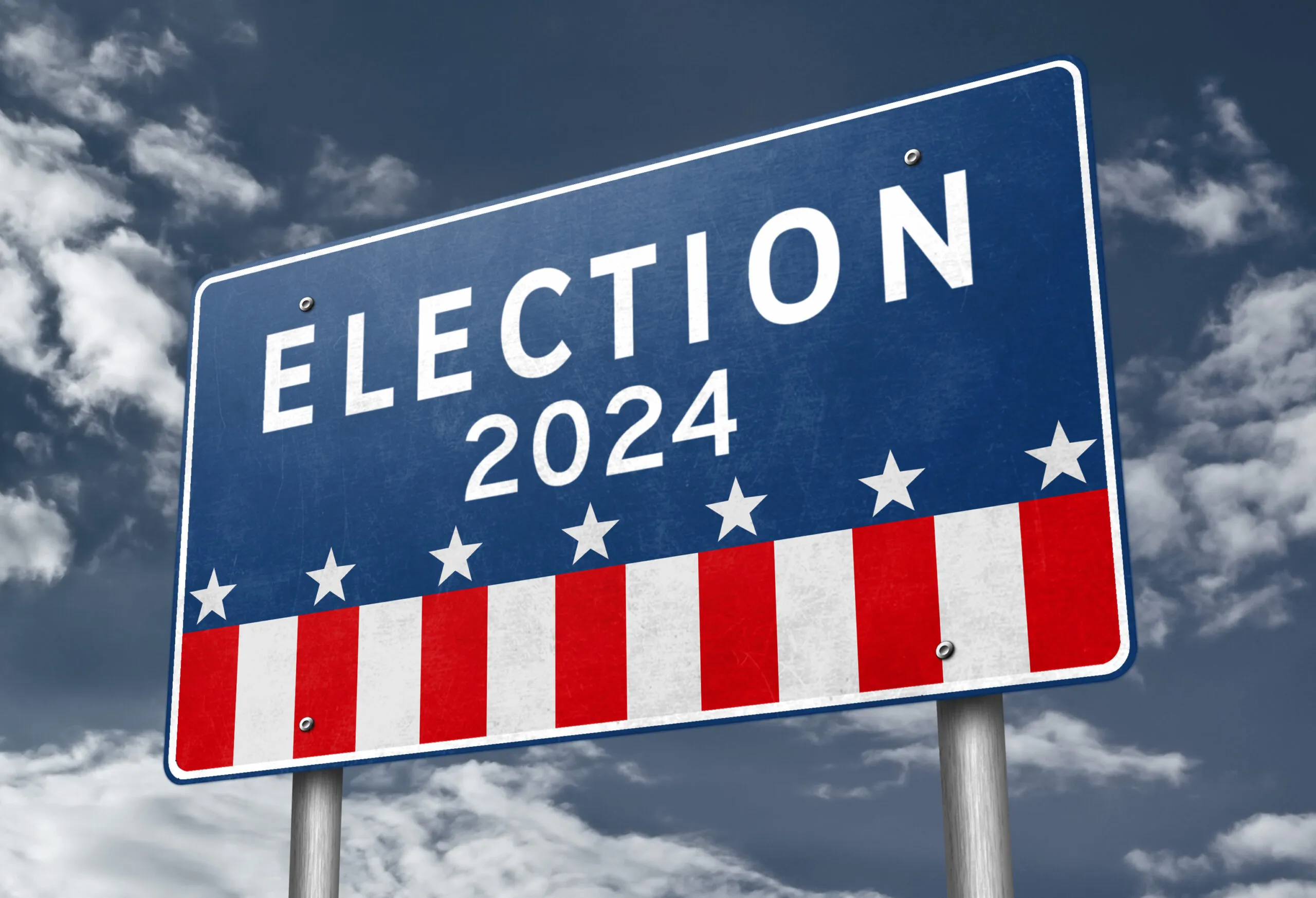Editorial: Municipalities, counties should know impacts before hiking minimum wage
A 2019 Colorado law allows municipalities and counties to set their own minimum wage, and communities from Fort Collins to Boulder to Longmont are considering how and whether to use the new power.
The law allows cities and counties to implement increases up to 15% per year above the state minimum wage, set for 2023 at $13.65 per hour.
Denver implemented a local minimum wage in 2020, with the minimum set to increase to $18.24 per hour on Jan. 1, 2024, up from 2023’s $17.29.
SPONSORED CONTENT
One local government — Boulder County — took advantage of the law recently, introducing a new minimum wage wage in unincorporated parts of the county. Effective Jan. 1, 2024, the minimum wage in unincorporated Boulder County will increase to $15.69 per hour.
In Fort Collins, a divided City Council in May rejected a minimum-wage hike that would have taken the minimum to either $16.65 or $17.29 by Jan. 1, 2026.
Communities within Boulder County have also discussed the issue, including the possibility of a regional minimum wage to be implemented by Jan. 1, 2025, with the Boulder City Council leaning against expediting that schedule to 2024.
Business organizations, including local chambers of commerce, have argued against rapid hikes to the minimum wage, pointing to businesses that continue to suffer from the lingering effects of the COVID-19 pandemic. Restaurants and retailers, especially, face challenges staying afloat, with inflation, reduced revenues, high property taxes that add to the costs of rent and other difficulties.
The approach of the Boulder County Consortium of Cities is to collaborate on a regional minimum wage, which makes sense given commuting patterns within the region. Differing minimum wages in adjacent communities would create disparities for employees of companies with multiple locations, as well as the potential for businesses to relocate to lower-wage communities.
A recent study by the National Bureau of Economic Research describes one of the challenges: “Surprisingly little research has been devoted to some important aspects of city-wide minimum wages. Direct evidence on business reallocation across city boundaries seems potentially important to assess the key trade-off emerging from introducing local variation in the policy.”
We’re not arguing against raising the minimum wage. We are arguing for dialogue.
Raising the minimum wage constitutes a powerful tool for local counties and municipalities, but it should be undertaken only with thoughtfulness, research and communication with all constituents.
It’s essential that governments take into account not only those individuals who provide valuable hourly labor but also the businesses that would bear the burden of paying higher wages.
A 2019 Colorado law allows municipalities and counties to set their own minimum wage, and communities from Fort Collins to Boulder to Longmont are considering how and whether to use the new power.
The law allows cities and counties to implement increases up to 15% per year above the state minimum wage, set for 2023 at $13.65 per hour.
Denver implemented a local minimum wage in 2020, with the minimum set to increase to $18.24 per hour on Jan. 1, 2024, up from 2023’s $17.29.
One local government — Boulder County — took advantage of the law recently, introducing a new minimum wage…



